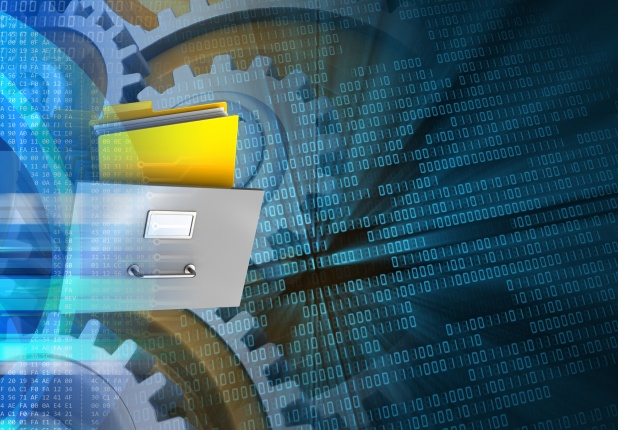While the term sounds quite formal, with respect to e-discovery, in practice, “Information Governance” really means getting your electronic house in order so that you can mitigate risks and expenses should e-discovery become an issue in the future. “Getting your electronic house in order” covers the entire data lifecycle, from the initial creation of electronically stored information (“ESI”) through its final disposition, and potentially involves an organization’s entire suite of technology and related processes, policies and strategies. Indeed, IG becomes the foundation and framework of an organization’s management of its information assets and, importantly, the degree to which e-discovery processes are streamlined and cost-efficient is dependent upon having effective IG policies and procedures in place.






